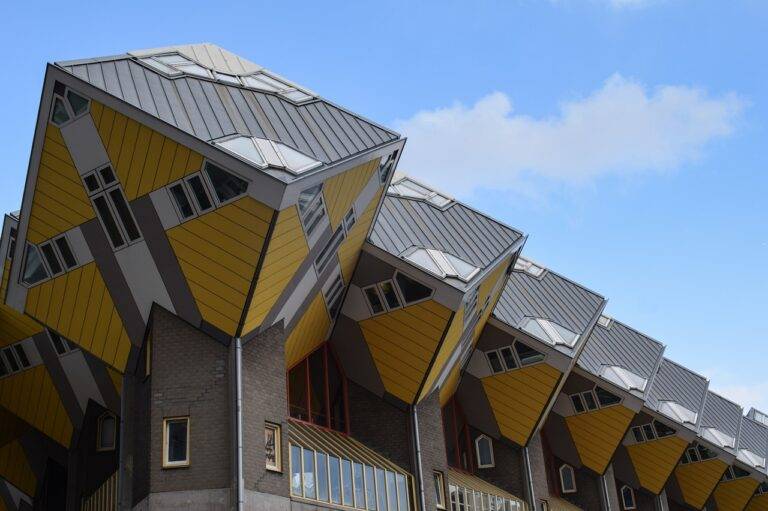The Role of Home Insulation in Energy Efficiency and Comfort
Home insulation is crucial for maintaining a comfortable indoor environment and reducing energy bills. By effectively insulating a home, heat and cold air are better regulated, keeping the interior temperature consistent. This not only provides a more comfortable living space for occupants but also reduces the strain on heating and cooling systems, leading to lower utility costs.
Furthermore, proper home insulation can help enhance the overall energy efficiency of a property, reducing its carbon footprint. By minimizing heat transfer through walls, floors, and ceilings, insulation plays a significant role in conserving energy and promoting sustainable living practices. Additionally, well-insulated homes are less susceptible to moisture buildup and drafts, creating a healthier and more pleasant indoor atmosphere for residents.
Types of Home Insulation Materials
When it comes to choosing the right insulation material for your home, there are various options available in the market. One common type is fiberglass insulation, which is made of tiny glass fibers and is known for its affordability and effectiveness in reducing heat transfer. Another popular choice is cellulose insulation, made from recycled paper products and treated for fire resistance. Cellulose insulation is eco-friendly and offers good thermal performance.
Foam insulation, such as spray foam or rigid foam boards, is another option that provides excellent thermal resistance and can help eliminate air leakage. Reflective insulation, on the other hand, consists of reflective materials like aluminum foil, which reflects heat away from the living space. Lastly, mineral wool insulation, made from rock or slag materials, is known for its fire resistance and sound absorption properties. Each type of insulation material has its advantages and it’s important to consider factors like cost, R-value, and installation method when choosing the right one for your home.
Why is home insulation important?
Home insulation is important because it helps regulate the temperature inside your home, keeping it cool in the summer and warm in the winter. This can result in lower energy bills and a more comfortable living environment.
What are the different types of home insulation materials?
There are several types of home insulation materials, including fiberglass, cellulose, foam, and radiant barriers. Each material has its own benefits and drawbacks, so it’s important to choose the right one for your home’s specific needs.
How do I know which type of insulation material is best for my home?
The best insulation material for your home will depend on a variety of factors, including your climate, budget, and existing construction. It’s a good idea to consult with a professional insulation contractor to determine the best option for your specific situation.
How can I ensure that my home insulation is installed correctly?
Proper installation is crucial for the effectiveness of your home insulation. Make sure to hire a reputable contractor with experience in installing the type of insulation material you choose. Additionally, regular maintenance and inspections can help ensure that your insulation continues to perform well over time.





